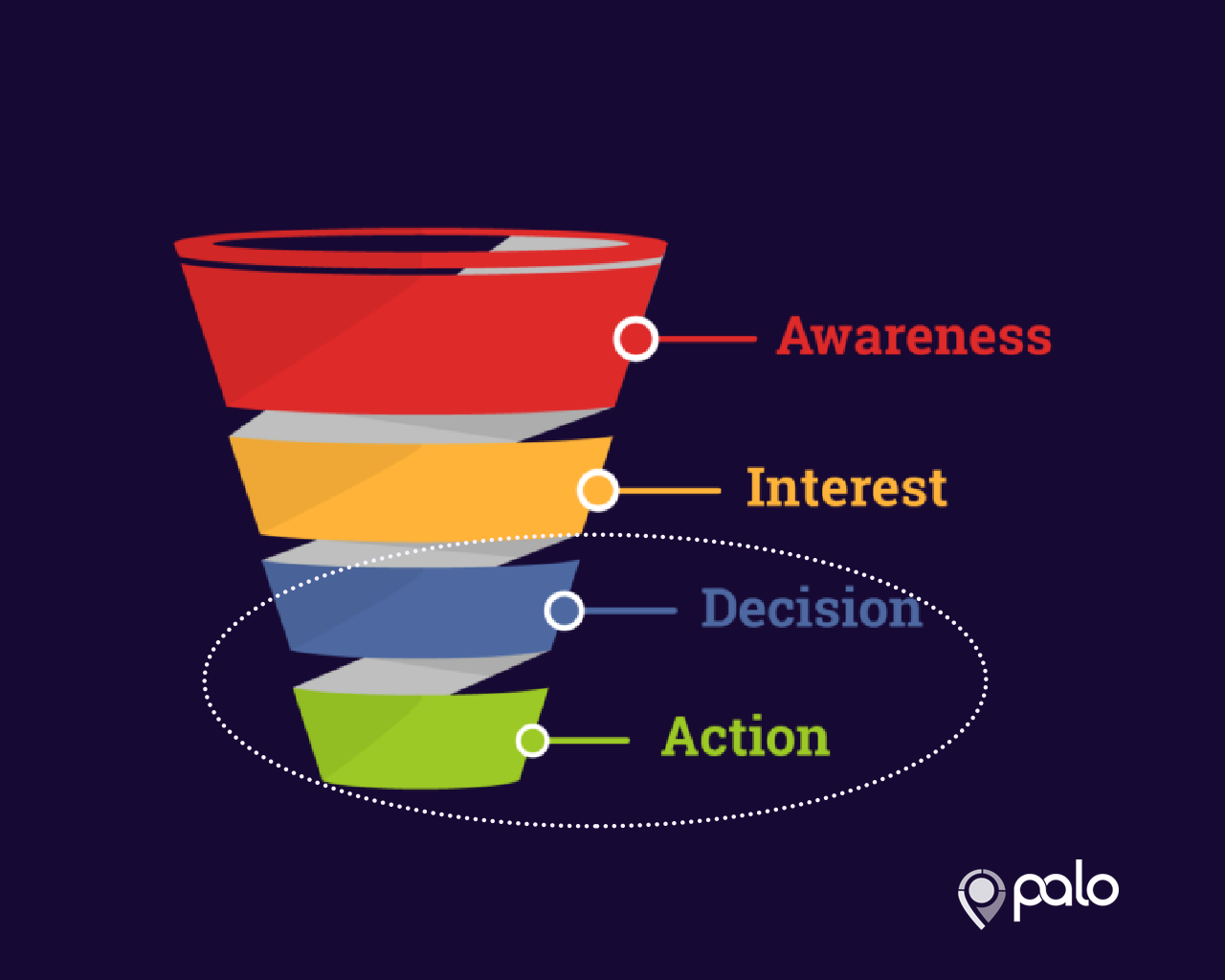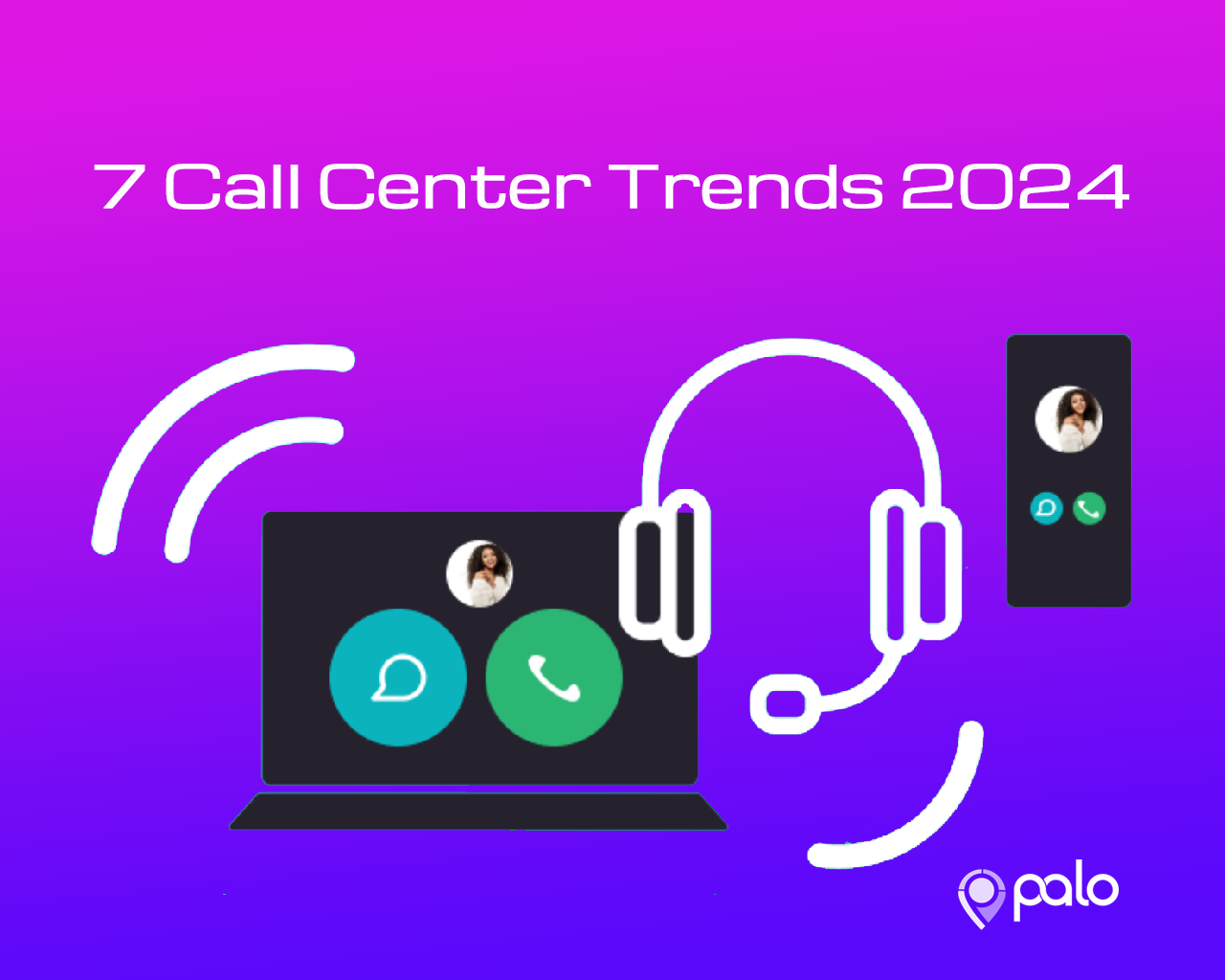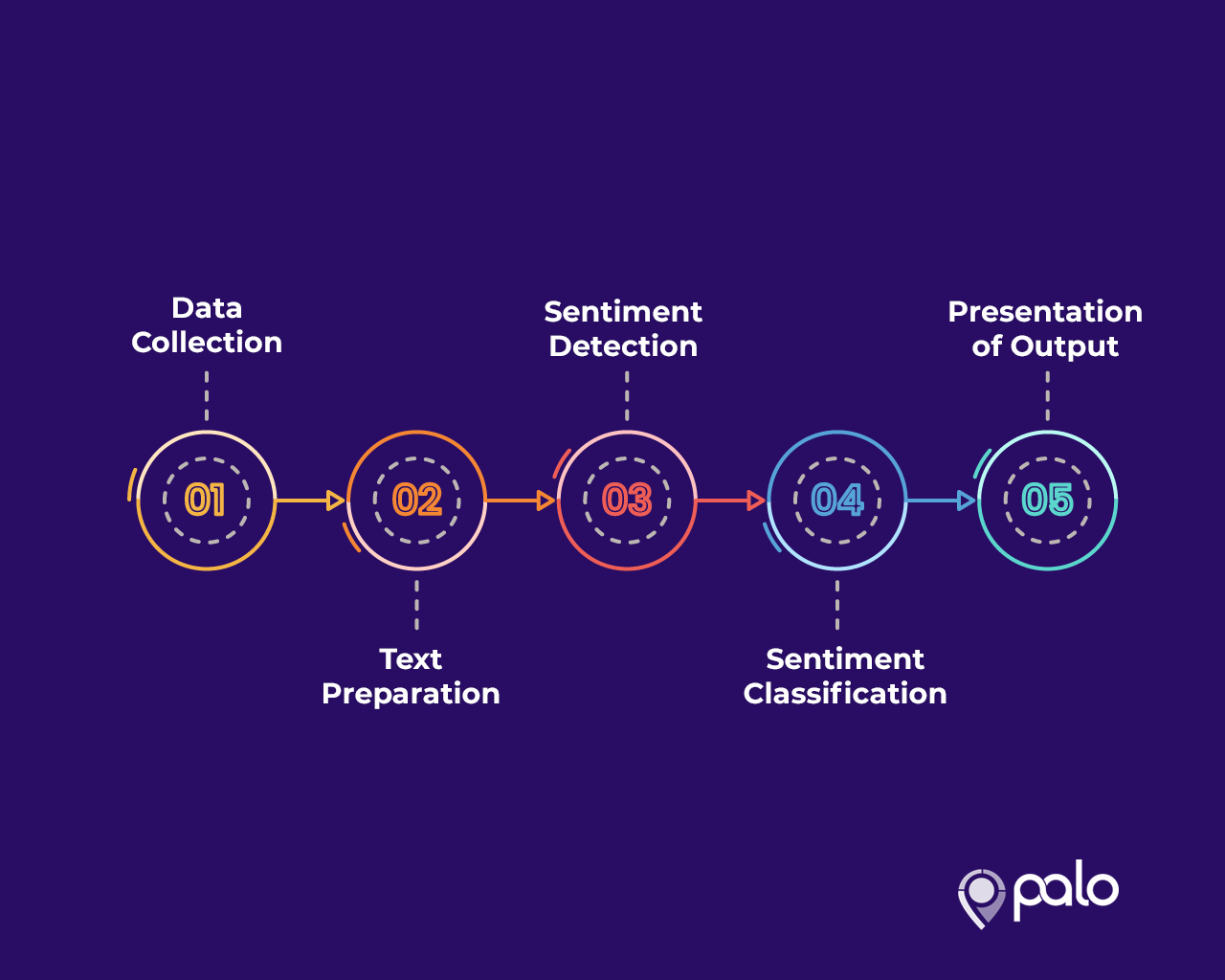
Essential Tips for Handling Sales Objections Over the Phone
Being told “no” is a fact of life. You don’t always get what you want. However, call center sales reps are among the people who hear the word “no” most.
No matter how good you are or your products are, buyers will always have objections. Sometimes, these objections are genuine concerns about the product or price, while other times, they are just excuses to get out of a conversation.
However, the silver lining is that objections are actually opportunities. They allow you to address the buyer’s concerns and possibly change their mind.
With effective objection-handling techniques, you can overcome the “no” and close the sale. Today, we discuss essential tips for handling sales objections over the phone. Read on to learn more.
Understanding the Most Common Sales Objections
Typically, “no” comes in many ways for cold callers and sales agents. However, the most experienced sales reps will tell you that the objections mostly fall into four different categories. A “no” might sound like:
- “It is too expensive” or “I cannot afford it,” which is an issue of price or budget.
- “I’m not sure how your product/service will help my situation,” which is a lack of need.
- “I have never heard about your product/service” or “Who are you?” pointing to a lack of awareness or authority.
- “This isn’t a priority right now” or “Now isn’t the right time,” pointing to an issue of timing or a lack of urgency.

These four objections form the acronym “BANT,” standing for budget, authority, need, and timing. The BANT framework is a useful tool for understanding and addressing objections.
It allows you to categorize the different types of objections and develop specific strategies for each.
With the most common types of objections in mind, the primary call of every call center agent (sales rep) is turning every “no” into a “yes.” A skilled rep will analyze the objection to establish the cause and offer a solution.
Practical Tips for Handling Sales Objections
Now, let’s look at some essential tips for handling sales objections over the phone:
1. Listen to Fully Understand the Objection
It is pretty common for an agent to hear an objection from the other side of the phone and then go into a fierce “defensive mode,” spitting a lot of unnecessary information at the client. Instead, you need to process what the client is saying.
Practice reflective listening to understand customer objections before responding. This technique allows you to reflect on the customer’s answer and use your own language to figure out if you have completely understood what they meant.
For example, you may say something like “What I’m hearing is ……” and then proceed to repeat the customer’s concern to confirm that you have understood their point. Look at the conversation below to understand what we mean:
Prospect: Your product is too expensive
Agent: So, what I’m hearing is that the price point for the product is an issue for you. Right?
Prospect: You are right. The price is too high for me.
Once you fully understand the customer’s objection, you need to find out if it is a “fob off” or a genuine concern.
If you establish that the objection is simply a fob off, we suggest you back out of the conversation gracefully, thanking the prospect for their time.
Always remember to end the call on a positive note to keep the lines of communication open for the future. The prospect might be willing to close the deal in the future.
If it is a genuine objection, then you need to acknowledge the objection and bridge the gap to see if you can close the deal.
2. Build Rapport
It is unlikely that a customer will grant you a license to engage them in a meaningful conversation if you haven’t built up some rapport. And that is from the first words you utter when the prospect answers your call.
Rapport is about finding out what connects you to the prospect and building a relationship around that.

You can start by introducing yourself, asking how they are doing, or commenting on something that interests both of you.
This will help create a friendly atmosphere and make the customer more open to hearing your pitch. The key is to engage them and sound friendly, professional, and authoritative.
However, be careful not to overdo it and come off as insincere or phony. Building rapport takes practice, so don’t worry if you don’t get it right the first time.
3. Discover the Specifics and Educate the Prospect
Does your product or service always win? No. That is why there’s not just one mobile phone manufacturing or car company.
At the core of every product or service is the end-user. Some end-users are looking for something that just gets the job done, while others are looking for super-specific specs. Others linger somewhere in the middle.
For instance, you wouldn’t buy a high-end sports car if you only needed a vehicle for commuting to work. Similarly, not everyone needs the most advanced and expensive phone on the market.
That is why it is crucial to discover what the prospect is looking for and educate them accordingly.
Ask open-ended questions that allow you to gather information about their specific needs, wants, and concerns.
Once you have all the specifics, you can then tailor your pitch and explain how your product or service can meet their unique needs.
This personalized approach shows that you understand the prospect’s situation and can provide a solution tailored to them.
4. Anticipate Sales Objections
Ultimately, the most effective strategy for handling sales objections over the phone is anticipating them. You are less likely to be thrown off your game when fully prepared to handle objections.
Prepare neutral recommendations to offer your prospects when an objection arises and keep the conversation going.

Since you listened to the prospect carefully and understood their reasoning, they are willing to hear you out and engage in finding a solution.
Start by keeping track of the objections you receive pretty often and devote time to practicing suitable responses with your team.
This will not only help you improve your skills but also save time and improve conversion rates in the long run.
5. Provide Social Proof
People are more likely to trust a product or service if they see others using it successfully. This is where social proof comes into play.
Share success stories and testimonials from satisfied customers to help address objections related to credibility or effectiveness. This will not only enhance your credibility but also create a sense of trust with the prospect.
6. Explain Your Perspective
While it is essential to understand your prospect’s viewpoint, don’t be afraid to explain your perspective as well. Take time to explain your understanding and your point of view.
And remember that the keyword here is to explain. Don’t try to make the client feel like they are wrong.
Instead, show where you think the root of the objection originates. In other words, you are trying to unearth the question behind the question.

From there, confirm with the prospect whether your description of the issue is accurate. See the conversation below to understand what we mean:
Prospect: I think this product/service is too expensive
Agent: I hear that the product is too expensive. Earlier, you mentioned that…….., so it sounds like what you are saying is that this is not the best time for you. Correct?
The primary key to voicing your opinion and explaining your perspective is to bring up what has been previously said. This will show that you were listening and help the prospect to clarify their objections further if needed.
7. Provide Solutions, Not Just Answers
When faced with an objection, it is easy to give a simple answer and move on. However, this approach will not help you in any way.
Instead of just responding with a generic answer like “Our product is worth the price,” provide a solution that addresses the specific concerns of the prospect.
It shows that you are genuinely invested in finding a solution for their needs and not just trying to make a sale.
For example, if the prospect’s concern is the price, you can offer them a discount or suggest a payment plan that works better for them.
The proactive approach demonstrates your willingness to work with the prospect and find a mutually beneficial solution.
8. Pause and Think
You may be tempted to slide into a defensive mode at the first hint that the call is not going to plan. It is the default plan that agents turn to when a prospect hits them with an objection. However, it is not the smartest move.
You must acknowledge the fact that the customer may have an entrenched view, and there is no point pushing so hard against a closed door.

In fact, out of all the strategies mentioned in this post, this may be the most challenging one. It requires you to pause and think before responding rather than reacting impulsively.
This can be difficult in a fast-paced sales call, but taking a moment to collect your thoughts and respond calmly will benefit you in the long run.
9. Keep Learning and Improving
Lastly, the key to successfully handling sales objections over the phone is continuous learning and improvement.
Pay attention to the objections you encounter frequently and work on finding practical solutions for them.
Take advantage of training opportunities provided by your company or seek out resources on handling sales objections.
With practice and determination, you can become a pro at handling objections and closing sales over the phone.
Summary
Remember that objections are often just part of the sales process and can be opportunities to further understand the prospect and provide them with a better solution.
So, instead of getting flustered or disheartened by objections, use these strategies to handle them effectively and close the sale.
At PALO, we specialize in running pay-per-call campaigns and have a team of experienced agents skilled at handling objections and transferring highly qualified leads to your business.
We have been in the game for over a decade and have helped countless businesses boost their sales and grow their customer base through our effective campaigns.
Contact us today to learn more about how our services can help your business grow.






